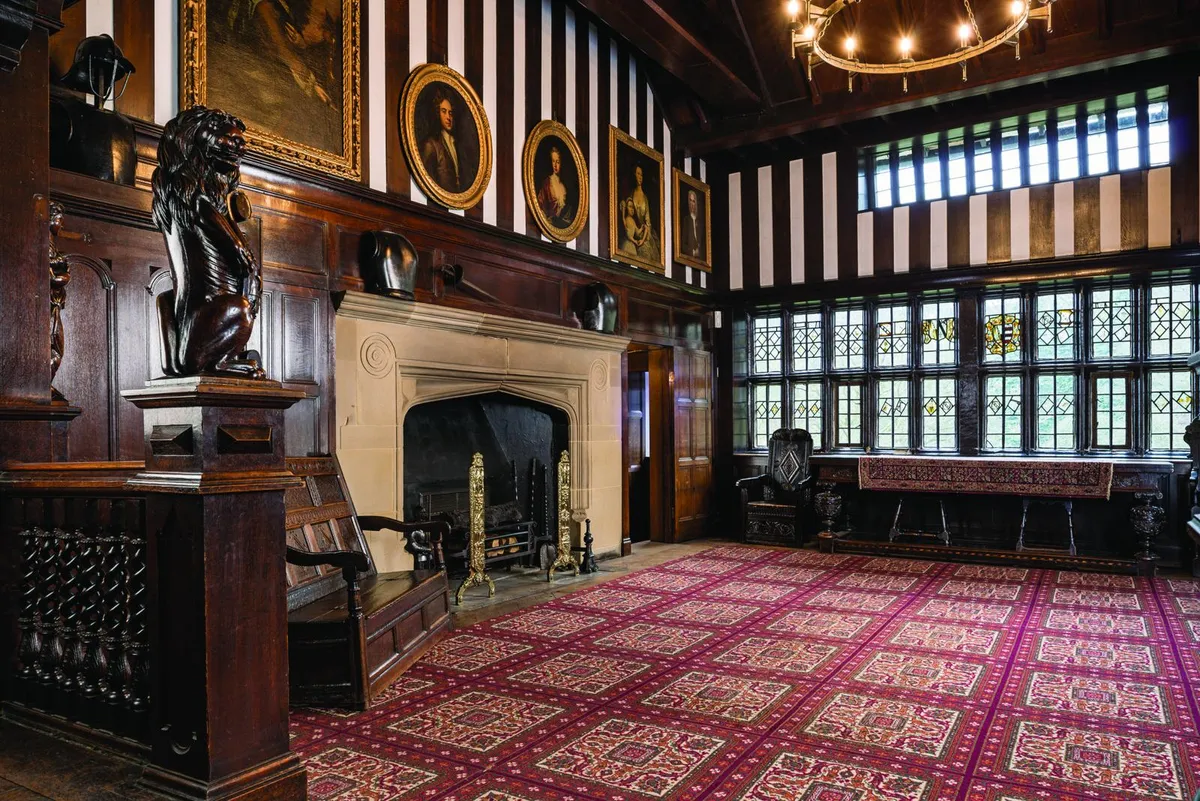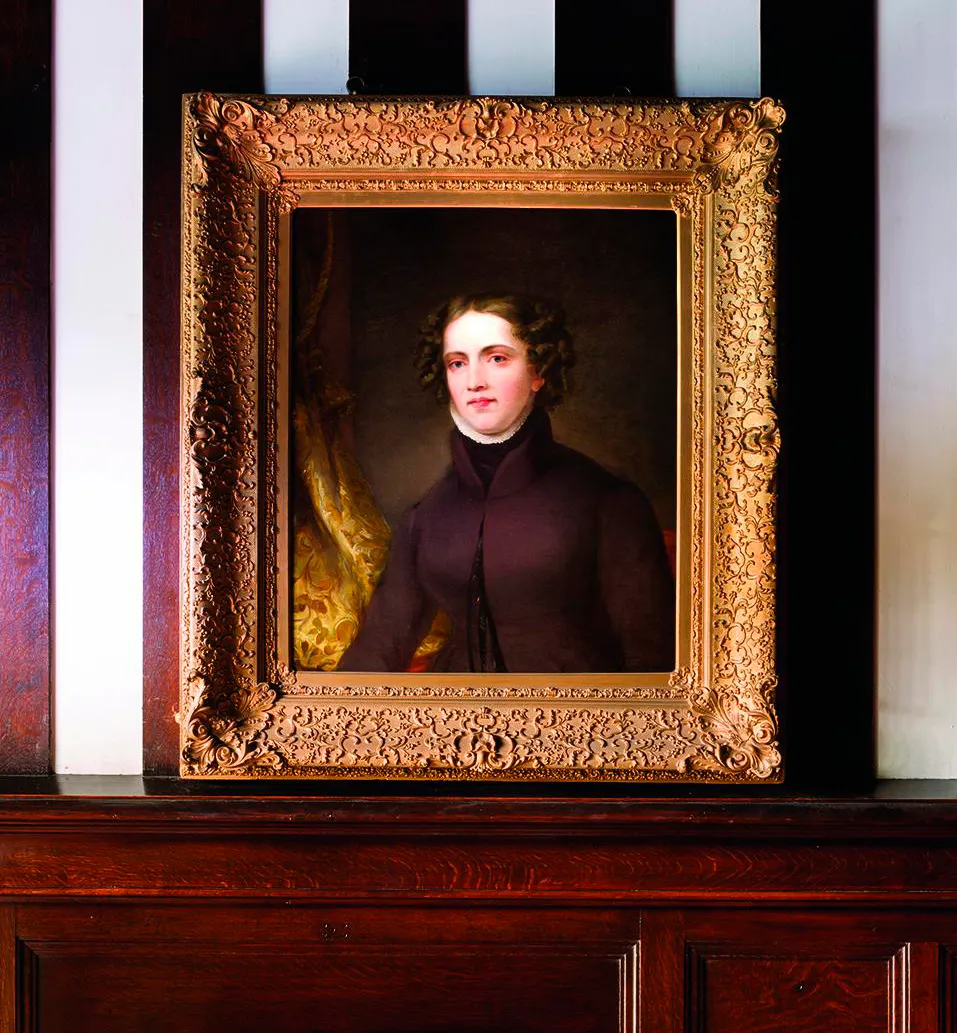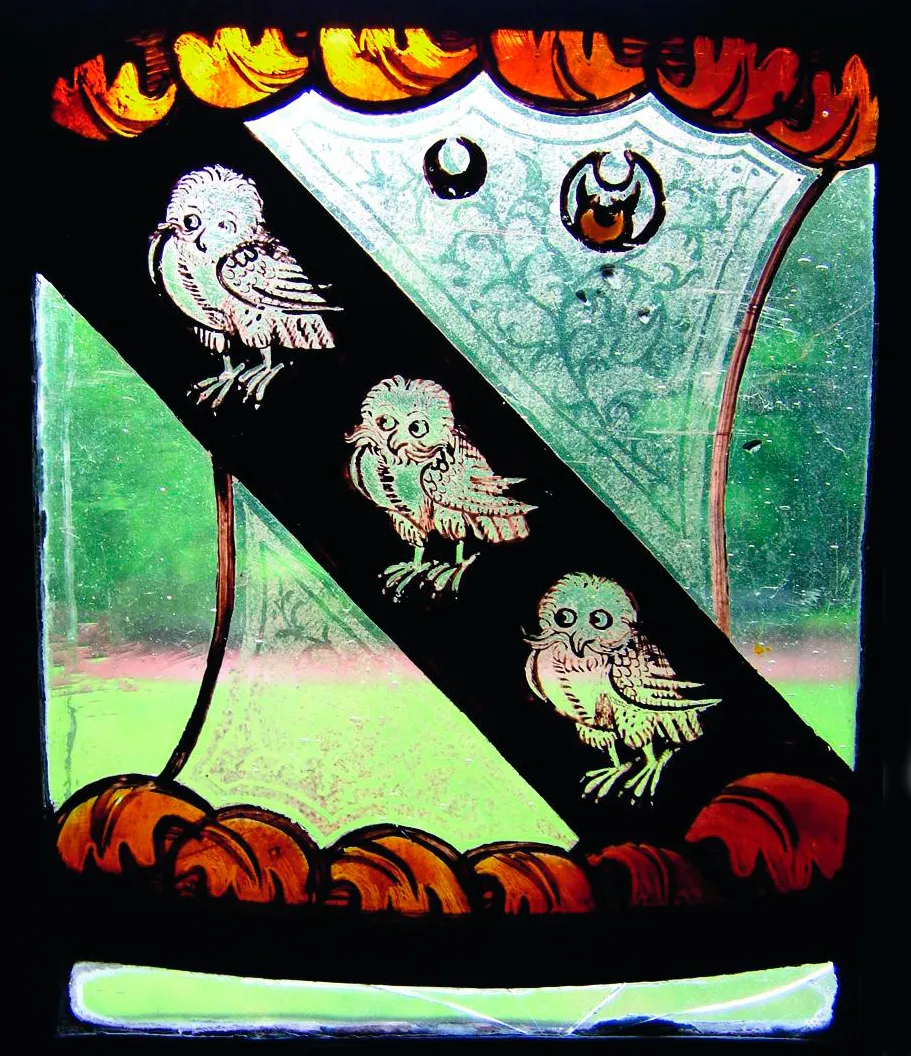What is your role at Shibden Hall?
I work as a curator for Calderdale Museums and have been in this role for the past five years. I work across three museums – Shibden Hall and Bankfield Museum in Halifax, and Smith Art Gallery in Brighouse. Being a small museum service means that my role is very varied, and every day is different. The job includes caring for Calderdale Museums’ collection – which consists of 70,000 objects including social history, costume, art, toys, military history, jewellery, and textiles from around the world – programming and curating exhibitions across all three sites, giving talks and tours and researching the collection.

I have worked in many different types of museum across Yorkshire, and prior to my current role I worked as Assistant Curator of Art at the Ferens Art Gallery in Hull, working on exhibitions and events in the run-up to Hull City of Culture in 2017.
What is the most challenging part of your role?
One of the most challenging aspects of curating Shibden Hall is the size of the building – it can make it very tricky when trying to direct thousands of visitors around these spaces whilst protecting the fabric of the hall and the objects on display. The hall has seen a significant increase in visitors from around the world since it was used as a film set for the BBC One drama, Gentleman Jack.
You might also like what to watch on TV if you love antiques and interiors
The drama tells the story of one of Shibden Hall’s most iconic owners, Anne Lister (1791–1840). Lister was a landowner, businesswoman, scholar and traveller. She famously wrote over five million words in her diaries, with many of the pages written in her own secret code. The diaries detail her daily life from 1806 to 1840, including her relationships with women and her running of the Shibden Hall estate.
What can be found at Shibden Hall?
One of the most popular items that visitors are excited to see at Shibden Hall is the portrait of Anne Lister, painted posthumously by artist Joshua Horner (1811–1881). There are very few surviving images of Anne, and this portrait is the largest and most detailed. It shows Anne dressed in her signature dark clothing, with ringlet curls and a white frill collar. The portrait hangs high up in the Housebody – the central room in the hall, and the one to which Anne made the most changes in her lifetime. Many visitors comment that they wonder what Anne would have thought of all these visitors in her home.

What is your favourite feature at Shibden hall?
One of my favourite features of Shibden Hall is the stained-glass window in the Housebody. The impressive stone-mullioned, 20-light window was installed in the 16th century by the Waterhouse family. What’s really fascinating about the window is that it provides both a record of the previous owners of the hall, and a connection to Henry VIII.
The painted glass panels feature designs taken from both the mystical and natural worlds. They date from the 1500s and were acquired from churches that were being decommissioned by Henry VIII. The central armorial glass depicts the black cross and crosslets of the Otes family, the first recorded owners of the hall in 1420; the three owls are of the Savile family, who took possession of the hall in 1504; and the black reversed pyramid is of the Waterhouse family, who lived here from 1522.

What's happening at Shibden Hall this year?
This year, Calderdale Museums are celebrating 600 years of Shibden Hall’s history in a new exhibition, Shibden 600 at Bankfield Museum. Also, an exhibition, Fashion in Anne Lister’s Time, opens this month, and a world-exclusive display of costumes from series one and two of the BBC’s Gentleman Jack opens in the spring. Further details about all these exhibitions can be found at Calderdale Museums.
